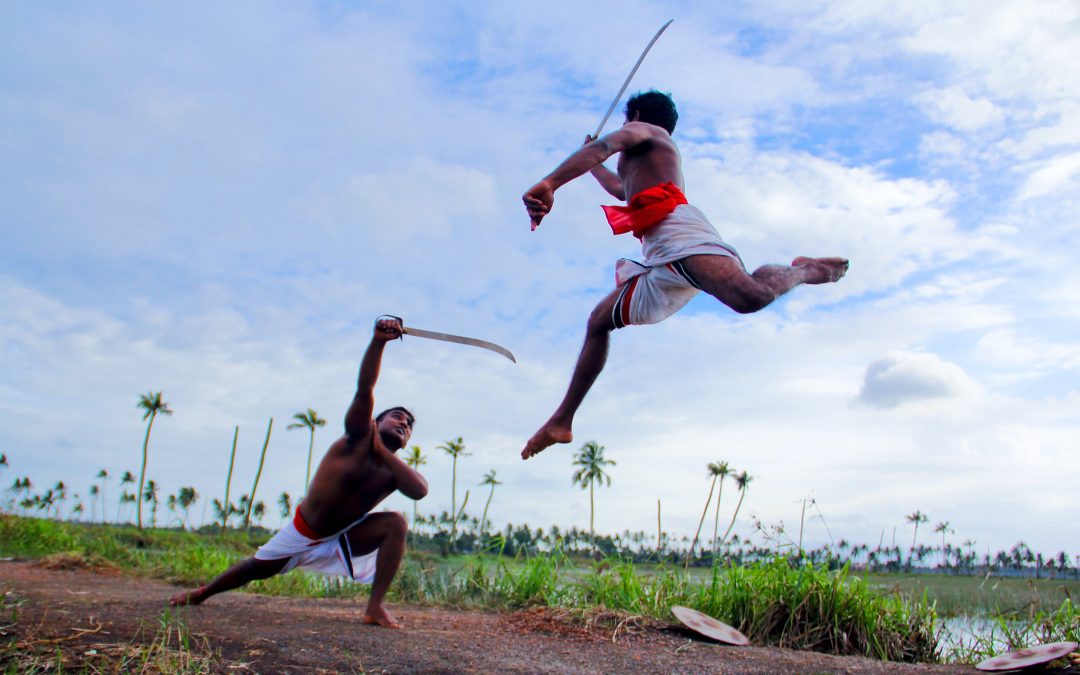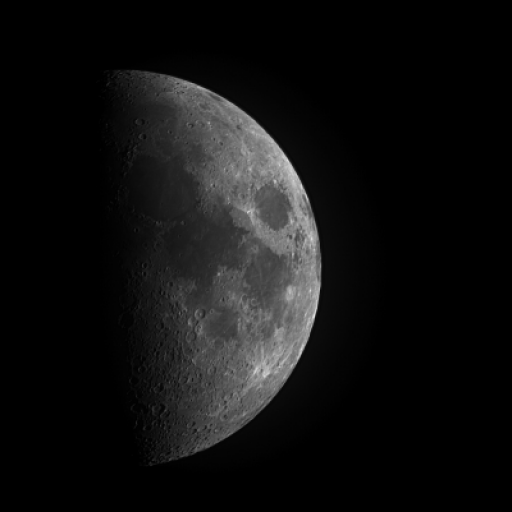The law of the jungle states that if you are not at the table, you are on the menu. That has been the story of India’s strategic culture.
Referencing what Lt. Gen Ata Hasnain has to say in this piece, one may make the following observations:
We need to look at Pakistan as a Chinese colony. The Chinese will fight us to the last Pakistani. The Pakistani Army is no better or worse than Kim Jung Un. A proxy that periodically threatens all its neighbours with provocative actions under the cover of nuclear blackmail. Both, the Pakistani deep state and N Korean regimes derive their power and control over economic resources by being protectors against threats that they themselves create under Chinese directions. But the dragon itself gets to play big brother, pitting India against Pakistan, while insidiously slicing away at territories on land and sea at its borders.
Meanwhile, it now openly engages the US in an economic and military confrontation, again picking off and playing US allies one at a time. For instance, it will stop buying barley from Australia (because Australia insisted on an impartial inquiry into the origins of COVID-19) but present it as the fulfillment of the trade deal to buy US agriculture products. This sells well in the US during election season but tells Australia that the US will look after its own interests first. Similar stories have been repeated in Asia, Europe, Africa, and Russia. Ports, farmlands, fishing rights, mineral exploration rights have all been acquired by China with some urgency. What it all boils down to is colonialism. We in the subcontinent have been particularly susceptible to this malaise.
Colonialism revisited
Pakistan which prides itself as the successor to the Mughals, is acting no differently than subjugated princely states which had an English resident in court dictating policy. It has thought nothing of taking on massive debt and palming off the Shaksgam Valley to China. Gwadar has already been given away. China also owns 70 percent of the recently announced Daimer-Basha dam project. Gilgit-Baltistan seems to be on the table too in return for debt relief. Essentially, China lends money so that Pakistan can buy goods and services from…you got it right…Chinese suppliers.
Not too long ago, Pakistan was the frontline base for US cold war operations against the then USSR.
India may not have been so overtly colonised since independence. But we still have a trade deficit of close to 60 billion per year with China (the same amount that China has invested in the CPEC project in Pakistan). There is thus unwilling economic dependence on China. Militarily, we have traditionally bought Russian arms, now we are moving into the US orbit. Our indigenous defence programs are either under-budgeted or run inefficiently…often both.
Why are we so readily colonised?
The principle is simple. Either you are at the table or on the menu.
The fact is our nation states are recently imagined realities. They are an amalgamation of ethnic, communal and linguistic identities – each driven by powerful political forces with vested interests. So, it is easy for an invading power to divide and rule – historically and even now.
We also lack the discipline to save and invest in the future, the way, Japan and Germany did after the utter devastation of World War 2. Our goals are short-term but corruption and red tape are long-term. We lack a coherent strategic culture.
We have also failed to apply and adapt our ancient knowledge to modern scientific applications.
Inward-looking culture
For the reasons described above, our energies have been strictly focused inwards. Yes Indian, art, economic goods and religion/spirituality travelled far. But we never got to down to expansive empire building, except for Chandragupta Maurya, Ashoka, Mughals and to some extent the Marathas (all of whom ‘only’ extending their writ from Assam to Afghanistan)
The ‘only’ is important because Indian empires never went nearly as far as those of Alexander/Persians/the Mongols let alone the British, French or Spanish.
For a subcontinent with such an extensive coastline, only the Cholas, Pallavas, and Pandyas operated navies that were capable of conquering southeast Asia. The Marathas under Kanhoji Angre were a notable later day exception – but then again, this powerful navy did not really go much beyond the coastline. Thus, even in colonialism, our strategic culture restricted us.
Cut to the present. Imagine how much power a unified subcontinent would have been able to project in South and Southeast Asia, Central Asia, and the Middle East. It is for this reason that the departing British partitioned the sub-continent.
A former US diplomat said this, ‘If we had had a united subcontinent, it would have been a greater threat than China.’
If you found this interesting, stay connected here




Recent Comments